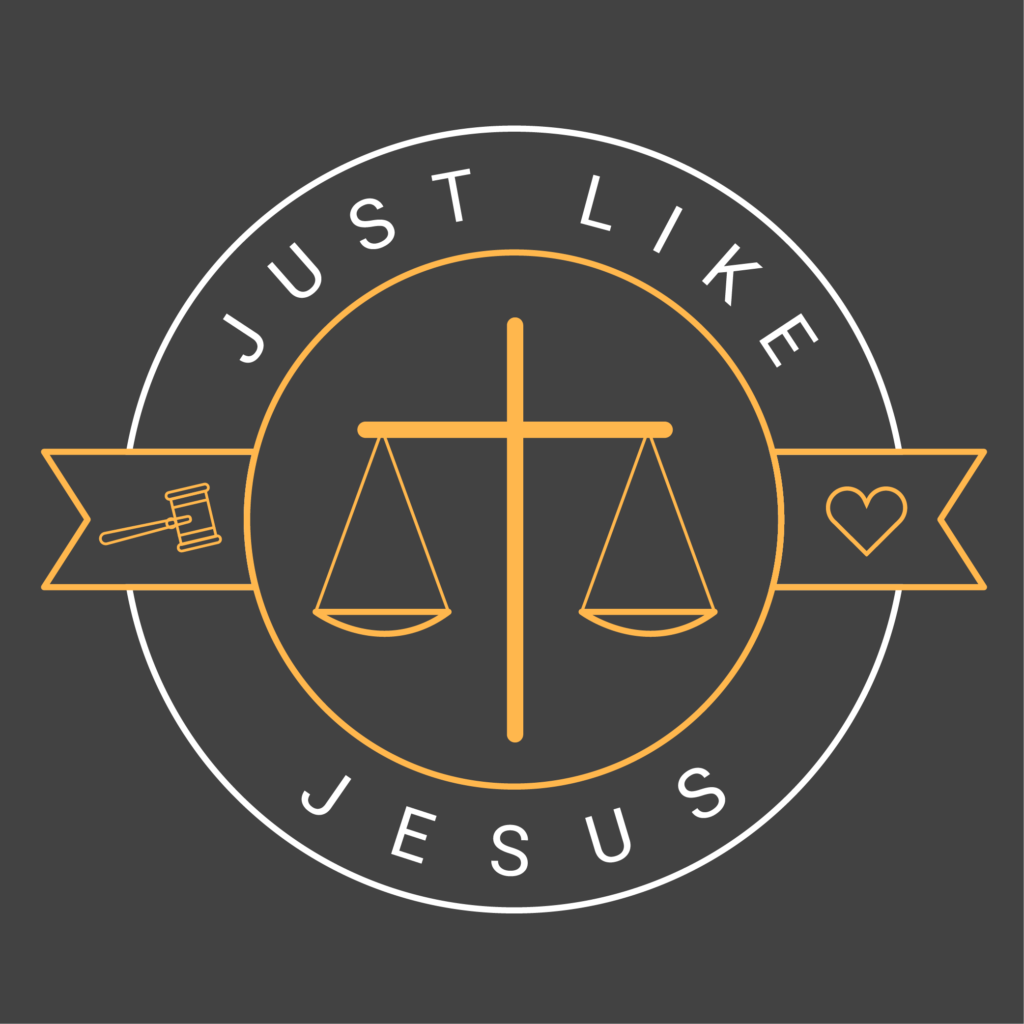
With all the noise in the world, do you hear the voice of God? Your calendar tells you what to do, but do you remember who you are? Being comes before doing. This is a call to put first things first. Return to the Lord with this daily pattern of prayer and devotion. Set aside this time as a sanctuary. Find a space free of distraction and follow this pattern.
Invocation
In the name of the Father, and of the Son, and of the Holy Spirit. Amen.
Word
“I am too ashamed and disgraced, my God, to lift up my face to you, because our sins are higher than our heads and our guilt has reached to the heavens. From the days of our ancestors until now, our guilt has been great.” (Ezra 9:6-7b)
Reflection
In her New York Times bestselling book, Be The Bridge, Latasha Morrison explains how Ezra, while not personally responsible for the sins of the people of Israel, acknowledged and lamented the sins of Israel and cried out to the Lord. She goes on to give another example from the book of Daniel.
In the same way, the prophet Daniel identified with the guilt and shame of his people. Israel had been unfaithful to the Lord, and because of that unfaithfulness, Jerusalem lay in desolation, a desolation that would continue for seventy years. Daniel heard from the Lord, and as he did, he felt the weight of shame and guilt. He confessed, “O LORD, we and our kings, princes, and ancestors are covered with shame because we have sinned against you.” Like Ezra, Daniel had been personally innocent of the offenses against God, but he did not try to distance himself from the collective sin of his people. He owned his part in it as a member of the community.
In both instances, the confessors were personally innocent of the wrongs, but they came under guilt and shame nonetheless. They allowed that shame and guilt to draw them to acknowledgement and lament. And in that lament, they asked God to spare his people.
Although communal shame and guilt brought both Ezra and Daniel great personal distress, their response highlights the redemptive arc of Scripture. For them, experiencing shame and guilt provided an opportunity to recognize the ugly reality that had led to their current situation and initiate communal restoration. As members of a group, they assumed the responsibility to confess and seek reconciliation on behalf of that group. (p.68-69)
How might Christians in the United States acknowledge past wrongs and seek reconciliation? Pray that we might follow the example we see set forth in the Old Testament and ultimately in Christ Jesus. Pray that we too might take on guilt and shame so that reconciliation might take place.
Prayer
Lord of light, shine Your light on our hearts where darkness may lurk in forms of hostility and pride, and show us a better way. You are the God who said, “Let light shine out of the darkness.” May that brilliant light fill our lives to see Your power and glory in Christ and in your people. Amen.
